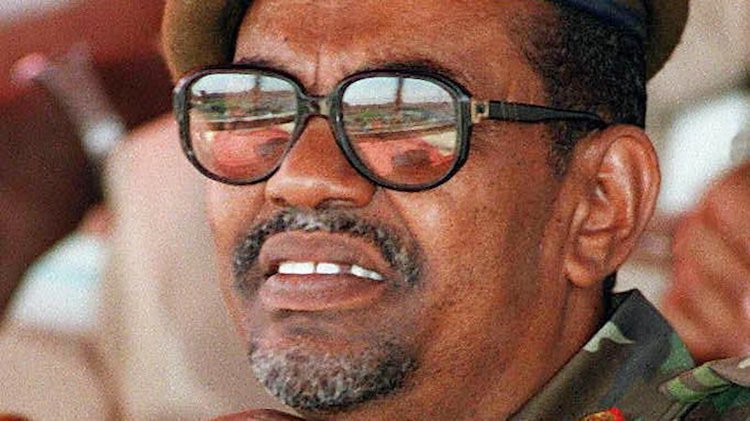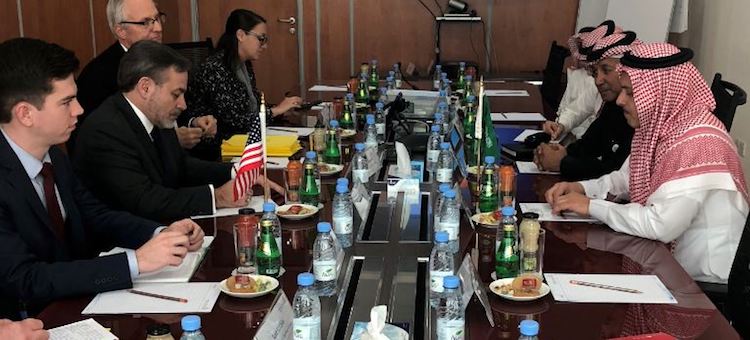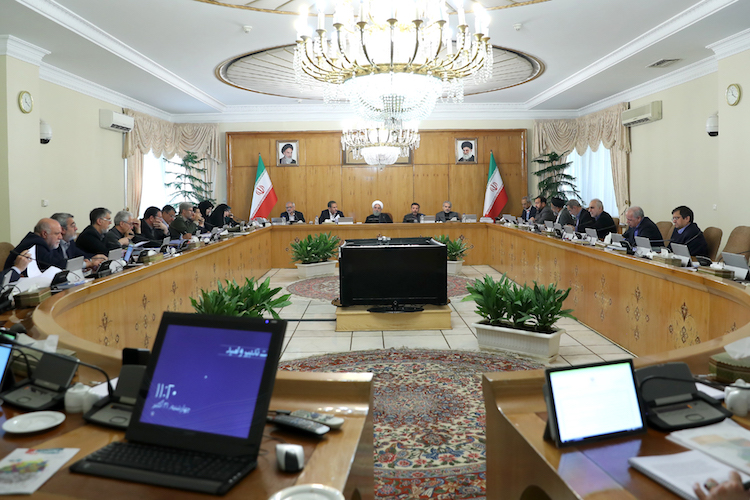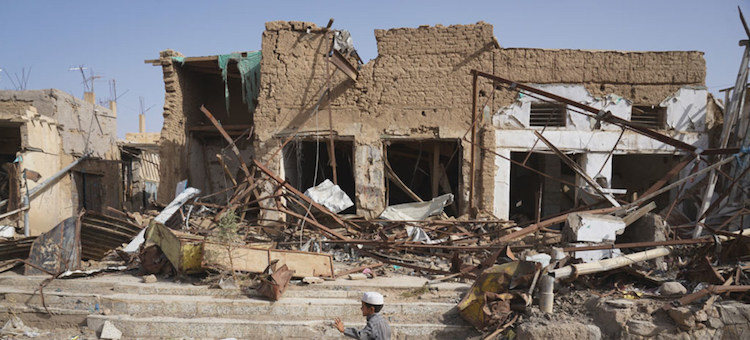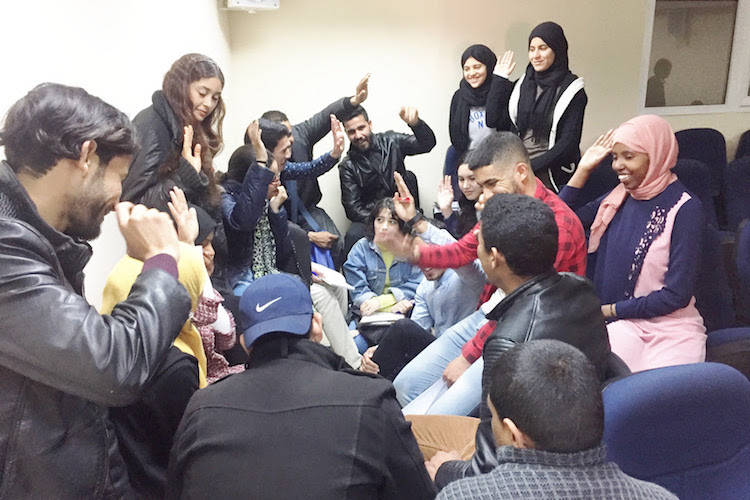By Lisa Vives, Global Information Network NEW YORK | KHARTOUM (IDN) – In the face of a growing movement of Sudanese opposition, protesting rising costs of bread and other essentials, security forces of the government of President Omar al-Bashir moved forcefully on December 25 to end the demonstrations using tear gas, night sticks and live […]
Israel Welcomes Nauert as Haley’s Successor at the UN
By Bernhard Schell DUBAI (IDN) – Israel has hailed U.S. President Donald Trump’s announcement that he will nominate former Fox news reporter and current State Department spokeswoman Heather Nauert to be the U.S. ambassador and permanent representative to the United Nations headquarters in New York, according to agencies and The Times of Israel. Nauert will […]
Saudi Arabia’s Long-Term Goal of Going Nuclear – With U.S. Backing
By Shanta Roy NEW YORK (IDN) – The Trump administration’s increasingly cozy relationship with Saudi Arabia has led to widespread speculation that the United States may be assisting the Saudis – directly or indirectly – to achieve their long term goal of acquiring nuclear weapons. The speculation has been triggered by ongoing secret negotiations between […]
Israeli-Palestinian Escalation Ends But Peace Nowhere in Sight
By J Nastranis NEW YORK (IDN) – The Israeli-Palestinian conflict “doesn’t seem to have a solution”, says the renowned conductor and pianist Daniel Barenboim who has been striving to promote peace through the West-Eastern Divan Orchestra, comprising young musicians from Israel and the Arab world. Yet, as a Messenger of Peace, he puts hope in […]
UN Inching Towards Peace Talks on Yemen
By J Nastranis Fourteen million civilians are on the edge of famine in Yemen. Starvation is on the horizon, warns WFP‘s chief David Beasley. What he has seen during a recent visit to the country is “the stuff of nightmares, horror, deprivation and misery”. UN Secretary-General’s Special Envoy Martin Griffiths is therefore at pains to […]
U.S. Sanctions Against Iran Raise the Spectre of ‘Black November’ – and More
By Mortezagholi Raissi BERLIN (IDN) – With new sanctions, the U.S. wants to make breathing difficult, if not impossible, for Iranians. The sanctions were threatened in May, when President Donald Trump announced that the United States was withdrawing from a 2015 deal, the Joint Comprehensive Plan of Action (JCPoA), aimed at limiting Iran’s nuclear programme. […]
UN Urges Saudi Arabia to Release All Incarcerated Women Human Rights Defenders
By Jamshed Baruah GENEVA (IDN) – For the second time since July 31, UN human rights experts are calling on Saudi Arabia to “immediately and unconditionally” release all women human rights defenders, including six imprisoned on charges relating to their peaceful defence of human rights. The detained have been charged for being involved in pro-democracy […]
Gaza Could Become Uninhabitable as Israel Continues Blockade
By Jaya Ramachandran GENEVA (IDN) – A new United Nations report has called for completely lifting the ongoing Israeli land, air, and sea blockade which has reduced the Gaza Strip to “a humanitarian case of profound suffering and aid dependency”. The blockade is now in its eleventh year. The report by the United Nations Conference […]
Memories of Iraq-Iran War Haunt U.S. Involvement in Yemen
Viewpoint by Jonathan Power* LUND, Sweden (IDN-INPS) – The evidence that has come out from the UN and NGOs makes clear, without any reservation or ambiguity, that on August 9, 2018 dozens of school children on a bus in Yemen were killed by a Saudi Arabian air-strike, and that American supplied weapons had been used, […]
Morocco Provides ‘Safe Spaces’ for Youth
By Julia Payne MARRAKECH (IDN) – As a society, we have hopes and dreams for the future; for our children, our countries, and the global community. These aspirations rest on the shoulders of the young generation. August 12, 2018 marked the 18th celebration of the UN’s annual International Youth Day. This awareness day was a […]

